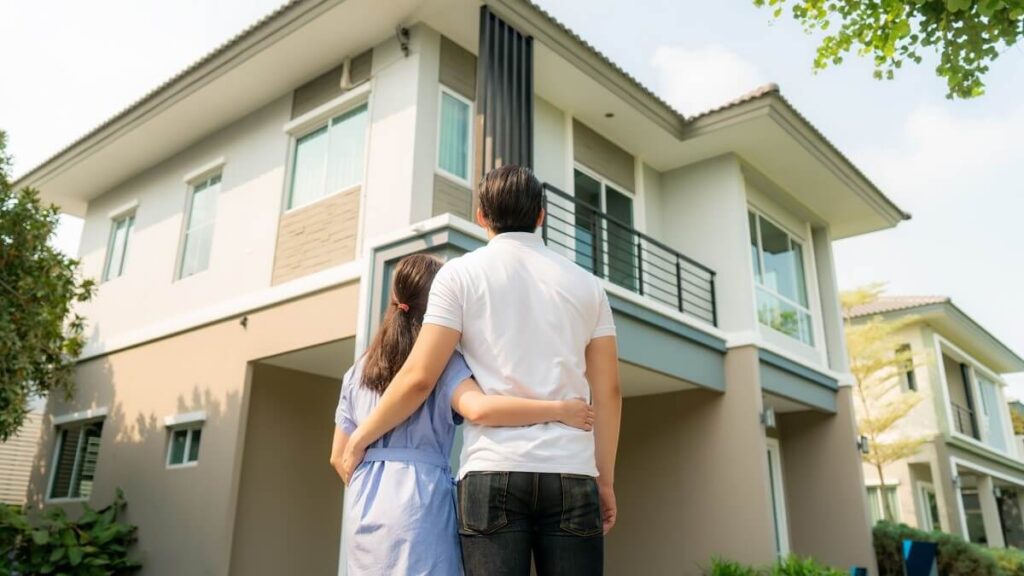Greetings to all the adventurous expats out there! Renovating a home you’ve just relocated to can feel like a daunting task, particularly when considering the unique challenges of adapting to a new environment. A well-thought-out renovation checklist for expats can be your best friend as you tackle this journey. Let’s dive into some essential tips.
Understanding Your New Environment
Before jumping into renovations, take a moment to understand your new locale. Different climates can significantly impact your home’s needs. For instance, if you’ve moved to a region with severe winters, consider installing triple-glazed windows, which offer superior insulation. On the other hand, if your new abode basks in sunny weather year-round, you may want to focus on window types that enhance ventilation and resist heat.
Prioritize Energy Efficiency
Energy efficiency should be high on your checklist. Upgrades not only reduce energy bills but can also make your home appealing should you decide to sell or rent in the future. Here are some eco-friendly renovations to consider:
- Upgrade insulation in walls and attics.
- Install energy-efficient appliances.
- Use sustainable materials for flooring and countertops.
- Consider solar panels if allowed in your area.
Child-Friendly Renovations
For families with children, safety should be paramount. Secure heavy furniture to the walls and install soft-corner bumpers on sharp edges. During our recent move, we faced the challenge of updating electrical outlets to be tamper-proof. Although it took some extra time, knowing our kids would be safer made it worthwhile.
Being an expat means navigating new waters, and home renovations can reflect your personal touch in a foreign land. With this renovation checklist for expats, you’re bound to turn your new house into a welcoming home, tailored just for you and your family.

Consider Local Architecture and Culture
Every region has its own architectural charms and cultural influences that can guide your renovation decisions. Embracing the local style not only honors your new home but can also enhance its value. For instance, if you’ve moved to a Mediterranean area, think about features such as terracotta tiles or open layouts that blend outdoor and indoor living. In contrast, in a Nordic environment, opting for minimalist designs and large windows can maximize light while providing warmth.
It’s also wise to connect with local artisans who have a story to tell. Supporting the community not only enriches your space but can foster friendships. Explore local markets for unique handcrafted items or vintage finds that resonate with your journey. Consider a few key elements such as:
- Incorporating traditional local artwork or textiles.
- Using colors that reflect the natural landscape around you.
- Adopting garden styles native to the region for landscaping.
Expect the Unexpected
An important part of the renovation journey for expats is preparing for the unexpected. Sometimes, international moves can lead to unanticipated delays, whether it’s sourcing materials or finalizing permits. I remember when we had to wait weeks for a shipment of tiles that got held up at customs. It was frustrating, but we made the best of our time by researching alternative designs or even taking up DIY projects that we had postponed.
In addition, be open to learning from your new home. Each place has its quirks, from climate effects on home materials to new building codes that must be adhered to. Embrace these as opportunities for growth rather than obstacles. As you adapt to life abroad, consider utilizing resources such as this guide to help navigate challenges unique to your relocating journey.
Building Sustainable Practices
Lastly, integrating sustainable practices can elevate your renovation to a new level. Find ways to incorporate eco-friendly technologies and practices into your home. There’s a satisfaction that comes from living in a space that is not only beautiful but responsible. Think about these concepts when planning renovations:
- Rainwater collection systems for irrigation.
- Composting solutions for organic waste.
- Smart home technology to monitor and control energy usage.
As you continue the journey of making your new house a home, remember that every renovation not only transforms your space but also shapes your experience as an expat. Each decision better connects you with the local culture, environment, and community, fostering not just a physical space, but a sense of belonging in your new world.

Local Regulations and Permits
While you’re busy weaving in local charm and sustainability, don’t overlook the importance of understanding local rules and regulations. Each country has its own building codes and permits required for renovations, which can differ vastly from what you’ve experienced before. For example, in the UK, planning permission may be stricter compared to a more lenient approach in some parts of Southeast Asia. Take the time to check local council requirements—neglecting these can lead to delays or even the need to reverse your changes.
Additionally, consider hiring a local contractor who’s familiar with the intricacies of renovation regulations. Their knowledge can help ease the process while ensuring compliance. Some things to keep in mind include:
- Confirm zoning laws affecting your property.
- Check for historical preservation criteria in older neighborhoods.
- Understand safety and health regulations for constructions.
Connect with Expat Communities
Engaging with local expat communities can also be beneficial. They often share renovation experiences, from choosing the right suppliers to avoiding common pitfalls. Join forums, attend meetings, or participate in social media groups focused on your new area. Not only does this provide valuable insights, but it also fosters friendships and connections that make your relocation feel more like home. Your renovation checklist for expats will be much richer as you integrate advice and support from those who have walked a similar path.
Ultimately, embracing the blend of local aesthetics, sustainable practices, and community engagement will not only elevate your home but will also enrich your expat experience. Renovating becomes less of a chore and more of an adventure—one that reflects your unique journey while honoring the place you now call home.





